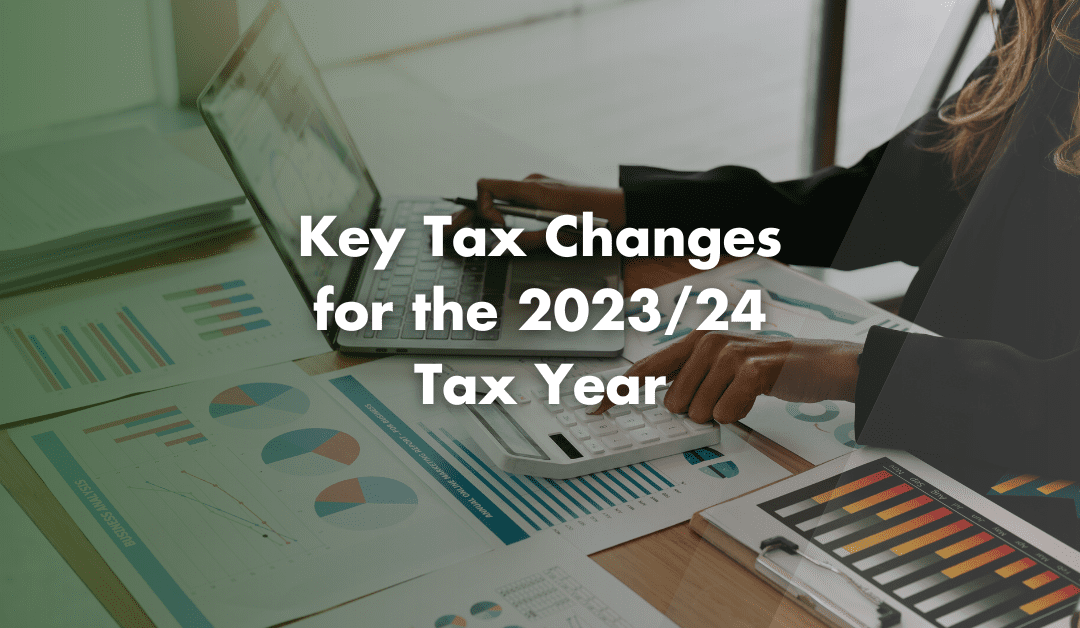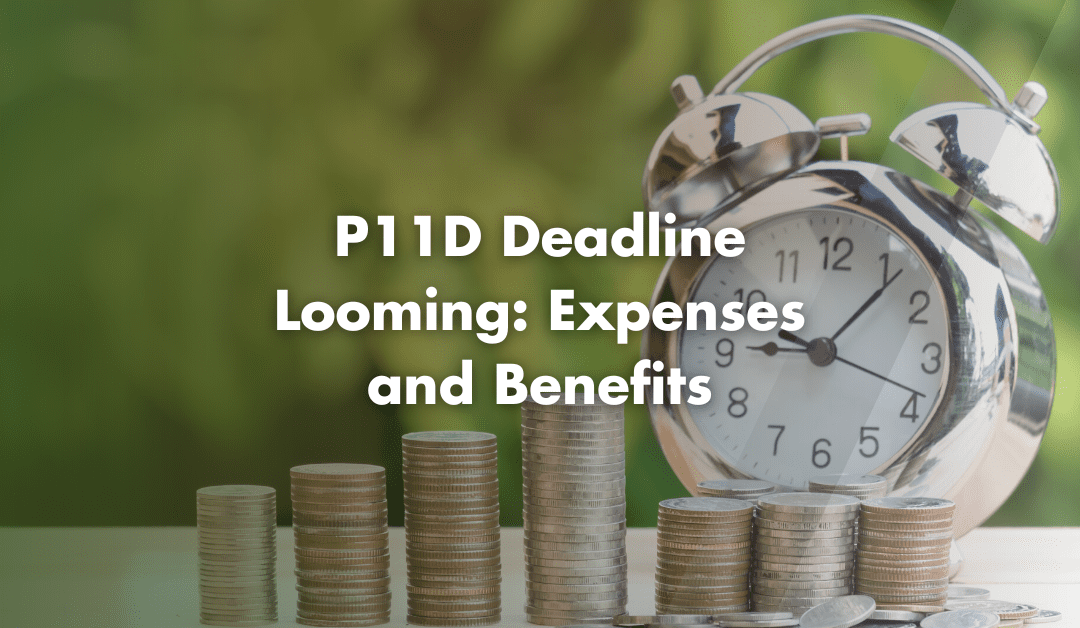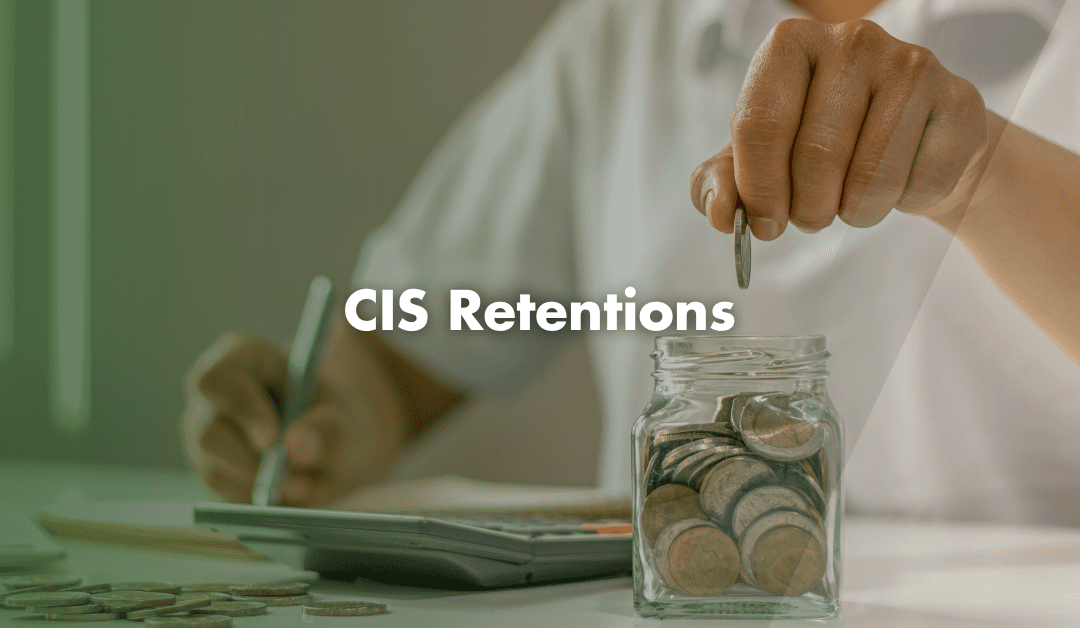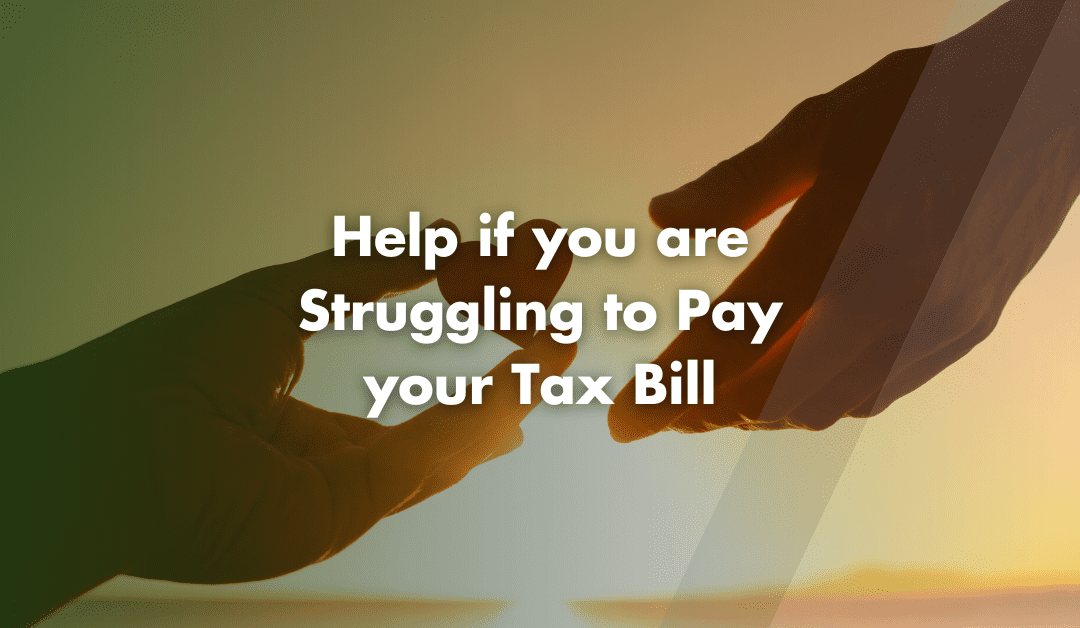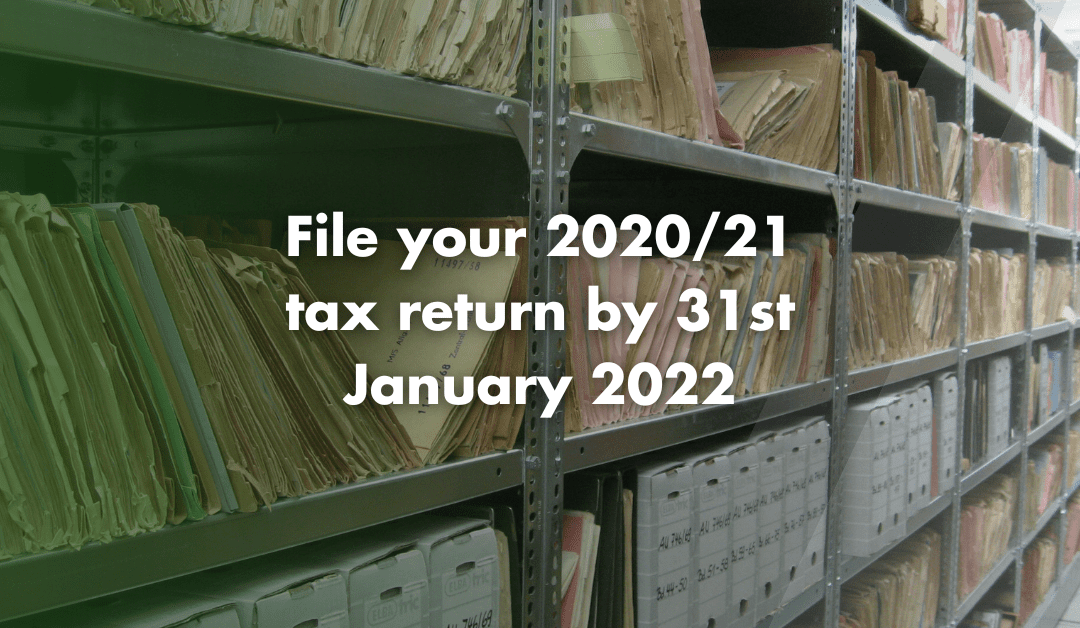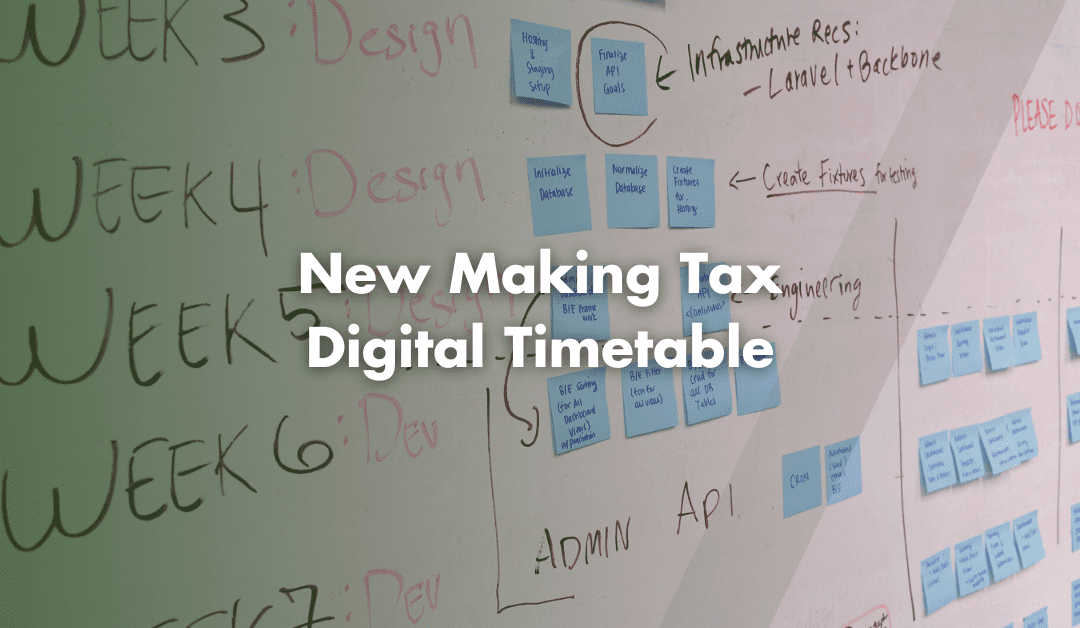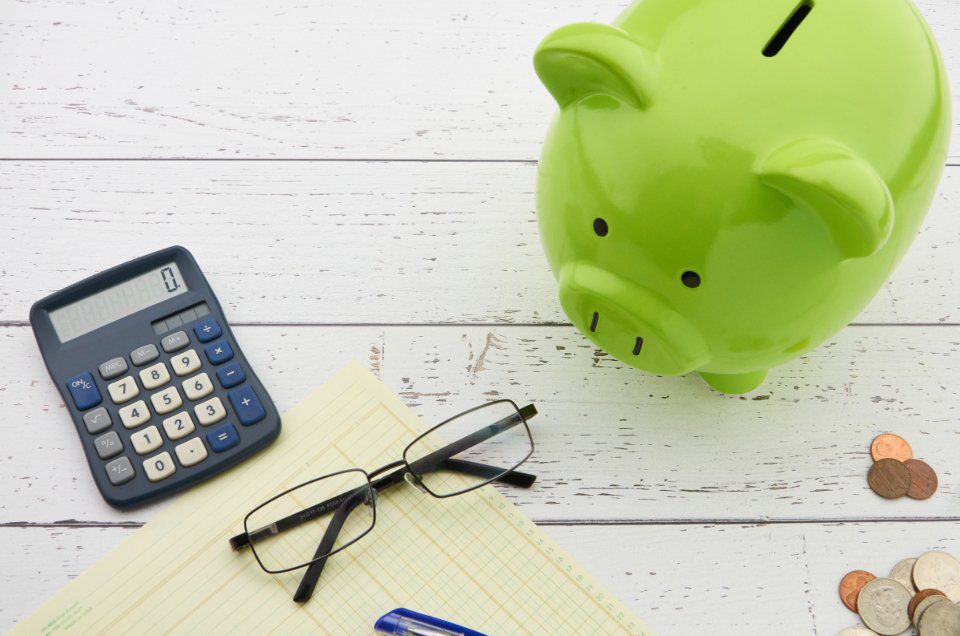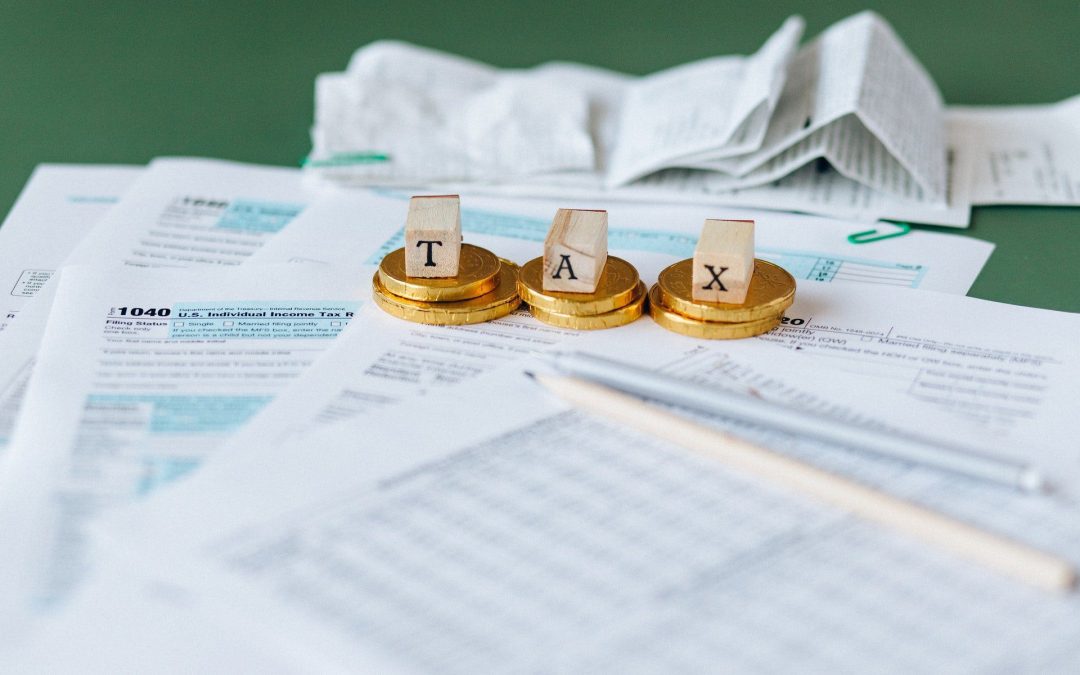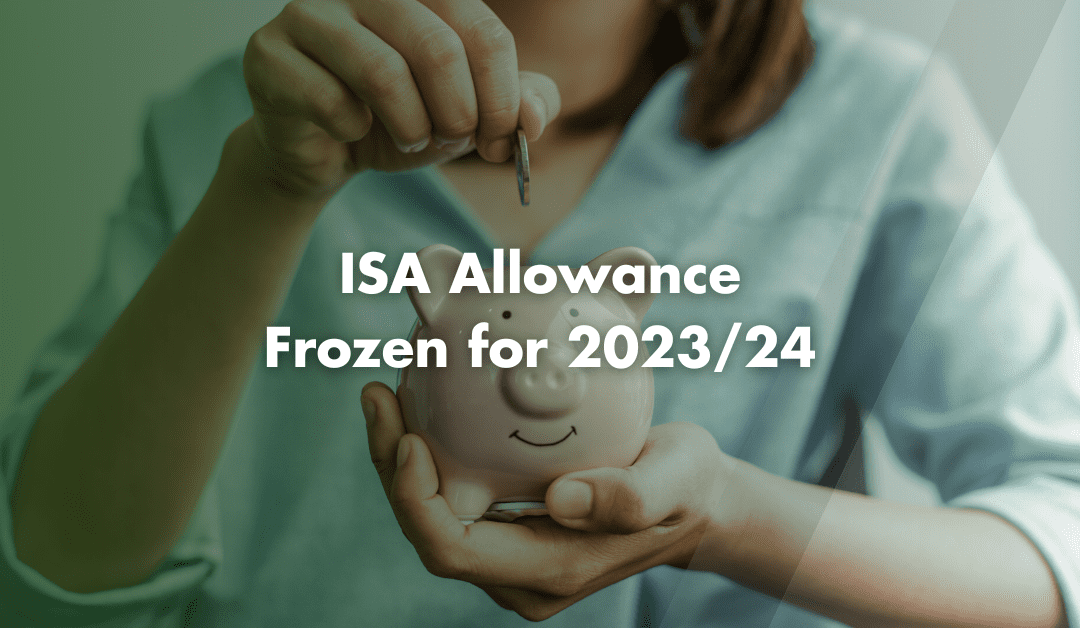
by Pi Accountancy | Mar 31, 2023 | Business, Corporation Tax, Property Landlords, Taxes
The ISA Allowance has been frozen for 2023/24 The annual Investment Savings Account (ISA) allowance has been frozen once again for the 2023/24 tax year. By freezing it again, the allowance is being left at £20,000 for every individual – However there will be an...

by Pi Accountancy | Mar 21, 2023 | Business, Corporation Tax, Director, HMRC, MTD, Self-Employed, Taxes, VAT
Key Tax Changes for the 2023/24 Tax Year We’re here to inform you about the Key Tax Changes for the 2023/24 Tax year and how these changes will affect companies, as well as sole traders. National Insurance The introduction of the new “Health and Social...

by Pi Accountancy | Mar 13, 2023 | Company Car, HMRC
Expenses and benefits: P11D deadline looming To stay on the right side of HMRC’s expenses and benefits legislation, P11Ds need to be filed by 6th July. Here we take a look at the P11D form; what’s included, what’s exempt and what the penalties are for filing late...

by Pi Accountancy | Apr 6, 2022 | Property Landlords, Taxes
Many property owners opt to rent their property as a Furnished Holiday Letting (FHL). There are several benefits to FHLs including Capital Gains Tax relief and capital allowances for furniture and fixtures. To access these benefits, there are several conditions that...

by Pi Accountancy | Feb 3, 2022 | CIS
Retentions are common across the construction industry and, unfortunately, quite hard to avoid. Knowing how to manage retentions properly, especially with the Construction Industry Scheme (CIS), could make a big difference to cash flow and tax obligations. What are...

by Pi Accountancy | Jan 10, 2022 | HMRC, Self Assessment, Self-Employed, Taxes, VAT
Financially, 2021 has been a difficult year for many, and you may be struggling to pay your January tax bill in full. Any tax and National Insurance that remains unpaid for 2020/21 must be paid by 31 January 2022, along with the first payment on account for 2021/22....

by Pi Accountancy | Jan 5, 2022 | HMRC, Self Assessment, Self-Employed
HMRC have published a call for evidence on the case for reforming the rules for registering for Income Tax Self Assessment (ITSA). The call for evidence is interested in hearing views on whether it would be beneficial to bring forward the deadline by which landlords...

by Pi Accountancy | Dec 31, 2021 | COVID-19, HMRC, SEISS, Self Assessment, Self-Employed, Taxes
If you need to file a self-assessment tax return for the year to 5 April 2021, you have until midnight on 31 January 2022 to file your return if you have not already done so. You must also pay any tax that you owe for 2020/21 by the same date. Do I need to file a...

by Pi Accountancy | Dec 15, 2021 | Business, Corporation Tax, HMRC, MTD, Self-Employed, Taxes, VAT
Making Tax Digital (MTD) is a Government initiative that aims to provide the UK with one of the most digitally advanced tax administrations in the world. Under MTD, taxpayers are required to keep electronic records and report to HMRC digitally. The new MTD timetable...

by Pi Accountancy | Aug 31, 2021 | Director, HMRC, Self-Employed, Taxes
Unique Taxpayers Reference A UTR is your Unique Taxpayers Reference Number, is what identifies you personally with HMRC. It’s 10 digits in length and is quoted on any correspondence you receive from HMRC, including: Your tax return A Welcome to Self-Assessment letter...

by Pi Accountancy | Jul 2, 2021 | HMRC, Self Assessment, Self-Employed, Taxes
If you are self-employed, you will pay Class 2 and Class 4 National Insurance contributions if your profits exceed the relevant thresholds. Class 2 National Insurance contributions are the mechanism by which you build up qualifying years to earn entitlement to the...

by Pi Accountancy | Jul 2, 2021 | COVID-19, HMRC, SEISS, Self Assessment, Self-Employed, Taxes
As the Coronavirus Job Retention Scheme (CJRS) enters its final months, now is the time to review grants that you have claimed under the scheme, and pay back any amounts claimed in error. You may also choose to repay voluntarily funding that you have received under...

by Pi Accountancy | Jul 2, 2021 | COVID-19, HMRC, Job Support Scheme, SEISS, Self Assessment, Self-Employed
Claims for the fifth grant under the Self-Employment Income Support Scheme (SEISS) will open from late July. If, based on your tax returns, HMRC think that you are eligible for the grant, they will contact you in mid-July and give you a date from which you can submit...

by Pi Accountancy | May 26, 2021 | Business, Company Car, HMRC
Taxation of company cars What is taxation of company cars? If you are an employee with a company car, you will be taxed on the benefit derived from the car being available for your private use. If you are an employer who makes company cars available to your employees,...

by Pi Accountancy | May 12, 2021 | Business, COVID-19, HMRC, Self-Employed, Taxes, VAT
As more people are now working from home, the desire for a designated workspace has become a priority for many. The past year has forced many workers to fill up the dining table and any other flat surface available with monitors, computers, laptops, cables, Wi-Fi...

by Pi Accountancy | Apr 22, 2021 | Allowances, HMRC, PAYE, Self Assessment, Self-Employed, Taxes
Thresholds and allowances frozen! To help meet some of the costs of the COVID-19 pandemic, the Chancellor has opted to freeze various allowances and thresholds until April 2026, rather than increase the rates of income tax and capital gains tax. As incomes rise over...

by Pi Accountancy | Apr 7, 2021 | Business, COVID-19, HMRC, PAYE, Self Assessment, Self-Employed, Taxes
Checking your tax code – 2021/2022 If you pay all or some of your income tax via PAYE, it’s important to check that you are on the correct Tax Code (CT). As we start the new 2021/2022 tax year, HMRC will be sending out your individual coding notices (usually via...

by Pi Accountancy | Nov 3, 2020 | Business, SEISS, Self-Employed
Further extension to the SEISS To help self-employed individuals who continue to be affected by the COVID-19 pandemic, the Self-Employment Income Support Scheme (SEISS) has been extended for a further six months, from November 2020 to April 2021. Grants payable under...


